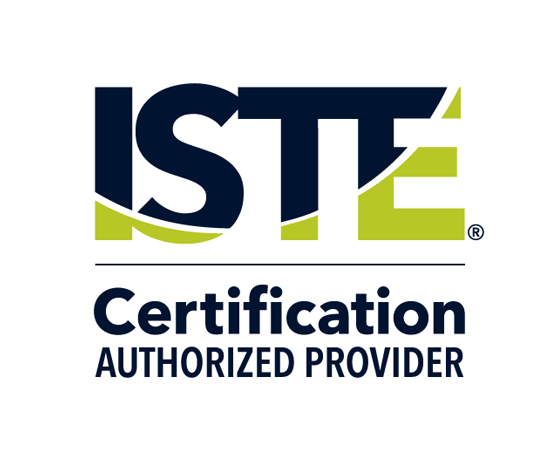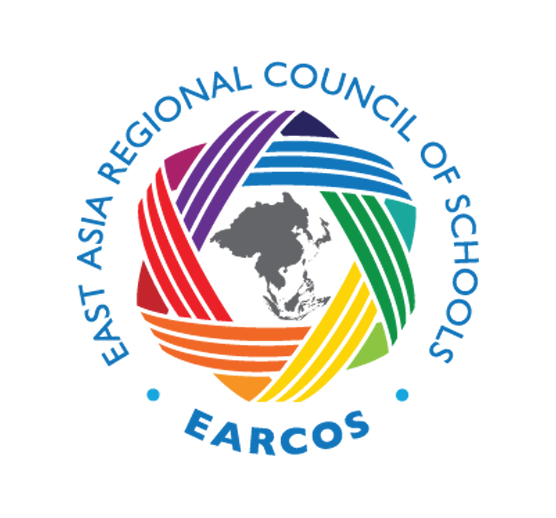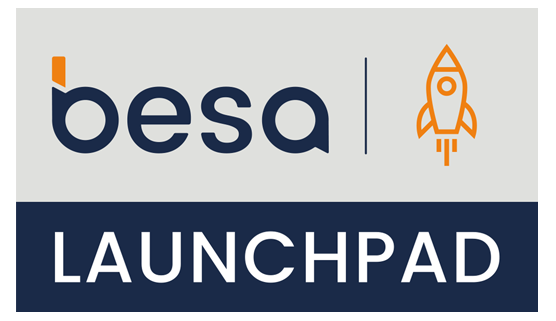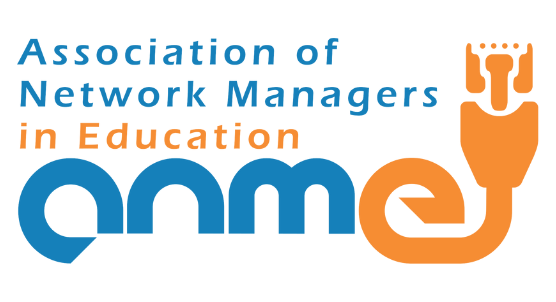By John Mikton, https://beyonddigital.org/
2020 is an opportunity for schools to re-explore their relationship to digital citizenship. The growing erosion of our privacy, as well as our amplified cohabitation with Artificial Intelligence (AI), present us with new challenges.
We are tracked 24/7 with digital ecosystem grids which have become seamless and frictionless parts of our daily routines. In (The Age of Surveillance Capitalism), Shoshana Zuboff describes this process of tracking. She calls the information that makes up these digital ecosystem grids “behavior surplus“. Behavior surplus is the personal data that we leave on our devices and give away daily based on a mutual agreement (user agreements) between the digital companies and us. These agreements (when is the last time you read a user agreement?) give permission for our behaviors online/offline to be tracked, collected, monitored and analyzed by companies and in some cases governments at will. The purpose of “surveillance capitalism“ is to leverage this “behavior surplus” to mitigate the uncertainty of our desires and to better predict what we will do. This is then turned into a profitable commodity. The value of our “behavior surplus” is unprecedented and the raw material of human data is fueling the engines of innovation, economics, politics, and power.
Over the past few years, AI has had a growing impact on our lives, more often than we realise. Daily, it seems we develop a growing dependency on this cohabitation with AI: be it our GPS, HomeAssistant, iRobot vacuum cleaner, Health Device, DatingApps, SmartWatch, or SmartTV. For our students, this seamless integration of AI into our lives often comes as a frictionless change. Tik Tok is a great example of this – a social media platform with sophisticated AI and unprecedented tracking algorithms, which in a short time added 1 billion users. Overnight, Tik Tok become a teen favorite and serious competition to Snapchat and Instagram. For many educators, new digital consumables are embraced with hesitancy but somehow often the convenience is enticing enough for us to succumb to the charm of the “smart” and “wifi“ ready products.
I have worked with groups of educators and students to build a series of lessons around ARTE’s Do Not Track in order to highlight the complexity and intricacies of how we are tracked. The different episodes are thoughtfully constructed with interactive components breaking down the erosion of privacy. I am surprised how often a percentage of students confidently express their indifference with this erosion of privacy and its implications. In some ways this makes sense. If the current privacy landscape is the sole point of reference, the current state of privacy is interpreted as normal. In comparison, educators interacting with ARTE’s Do Not Track respond with far more anxious discomfort as for many this erosion is compared to experiences where individuals felt greater control over their privacy. As we re-explore digital citizenship, we need to take these varying perspectives into consideration.
The fact is that most of our students are highly proficient digital consumers and not digital natives. The same goes for many educators in general. If we think of our own interactions with digital environments, it’s very likely that most of our time is focused on consumption.
We need to consider reframing how we support educators and students in a school setting away from a sole focus on Digital Citizenship to a broader focus on digital fluency. This requires us to develop an approach where the focus is on developing purposeful connections to our digital ecosystems with the goal of becoming ethical digital creators of content.
The concept and idea behind digital fluency is built on the work of the DQ Institute and its well thought out DQ Framework and the 8 digital intelligences. Digital fluency is facilitating an approach where learning opportunities are constructed around the natural connections of our day to day lives with these 8 digital intelligences. The important aspect of this focus is not excluding other essential learning in the curriculum. To make this meaningful, digital fluency needs to have clear connection points to personal experience, ensure these connection points are purposeful, and build on the learning already taking place in a school’s curriculum.
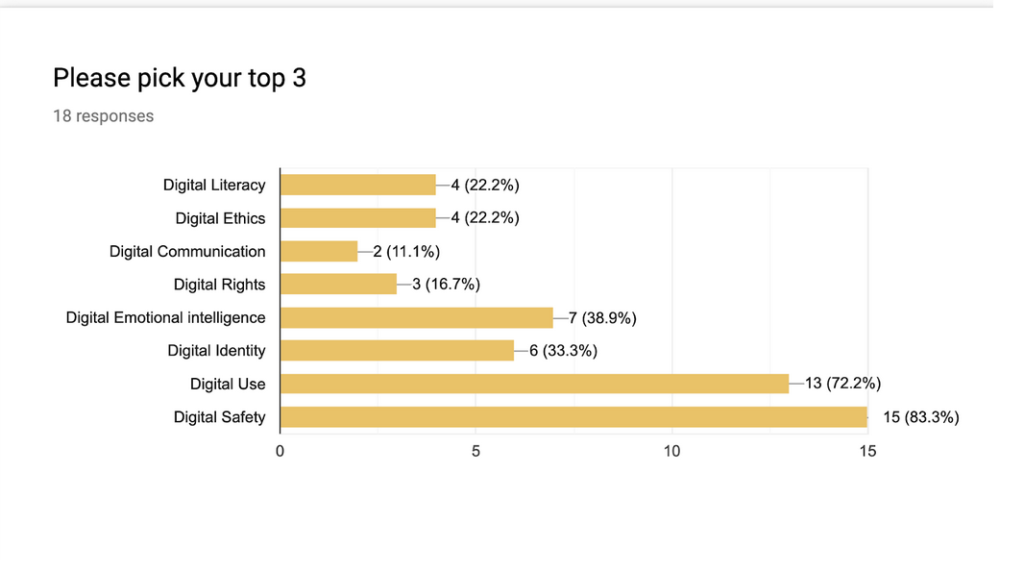
The above graph is a sample of several surveys done with middle school students asking them what areas of the DQ Framework they would like to learn and focus on. Interestingly, there was a clear pattern across several groups for Digital Safety as the highest priority (from the DQ Competencies.)
An important aspect of this is allowing student voice to actively guide the design of these digital fluency connections. They are identifying valuable needs and ensuring this open communication is key to making this shift meaningful to them.
Here are some examples of what digital fluency could look like, and what some schools are already actively creating. One example is giving high school students a Linkedin account and spending time supporting what it means to have a public profile and how to curate a positive digital footprint compared to a personal social media footprint. Other schools are creating blended courses for parents on how to understand the difference between the pedagogic use of digital devices in schools and the challenges of a more open ended environment of digital device use outside of school in the home. Another example is having students develop public service announcements regarding malware and then coaching younger students on how to identify phishing emails and how to manage an antivirus app. Another is walking through the architecture of effective password creation and developing sustainable strategies to ensure a solid level of security in the students personal lives as a podcast. Or having students coach their parents through the privacy and security settings of their favorite app and create a how-to help screencast.
It is through these activities that participants build on a set of dispositions, skills and knowledge where they feel a sense of autonomy in addressing the complexities, challenges and opportunities of the digital ecosystems we are so intimately connected to.
The new decade at our doorstep will be intrinsically connected to cohabitation with AI and a dilution of the autonomy we have with our privacy. Scaffolding digital fluency as an essential part of learning provides a guide for students to shift their energies away from being passive digital consumers. Digital fluency provides a mindset to better understand the importance of the ethical responsibilities of digital creation and the implications of the digital ecosystems which permeate our lives, both visible and invisible. Ignoring this will just amplify a society of passive digital consumers, while eroding our free will.
References
The Age of Surveillance Capitalism: The Fight for a Human Future at the New Frontier of Power by Shoshana Zuboff.” Goodreads, Goodreads, 15 Jan. 2019, https://www.goodreads.com/book/show/26195941-the-age-of-surveillance-capitalism
Asthana, Anushka, et al. “The Strange World of TikTok: Viral Videos and Chinese Censorship – Podcast.” The Guardian, Guardian News and Media, 7 Oct. 2019, https://www.theguardian.com/technology/audio/2019/oct/07/strange-world-tiktok-viral-videos-chinese-censorship
Written by Yuhyun Park, Founder and Chief Executive Officer. “8 Digital Skills We Must Teach Our Children.” World Economic Forum, www.weforum.org/agenda/2016/06/8-digital-skills-we-must-teach-our-children/.
DQ Framework: “What Is the DQ Framework?” DQ Institute, http://www.dqinstitute.org/dq-framework/.
“Coalition for Digital Intelligence.” Coalition for Digital Intelligence, www.coalitionfordigitalintelligence




